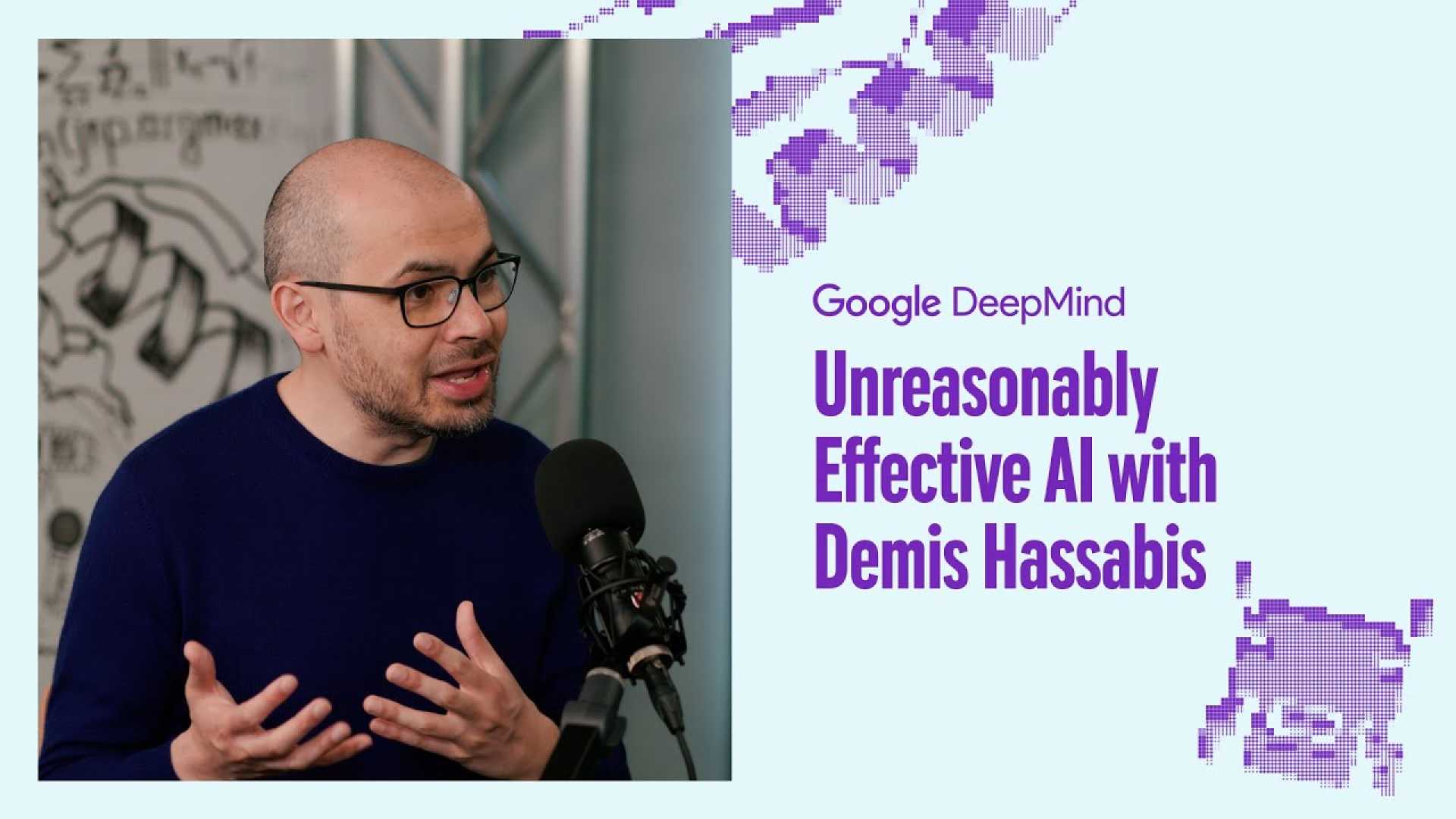Tech
Demis Hassabis Explores Consciousness Beyond Quantum Theories

San Francisco, CA — Google DeepMind CEO Demis Hassabis recently shared his perspective on consciousness during a podcast with Lex Fridman, raising questions about the nature of consciousness and its potential roots in classical computing rather than quantum effects.
During the discussion, Fridman asked Hassabis whether consciousness could be modeled by classical computers. Hassabis acknowledged the value of theories proposed by fellow Nobel Laureate Roger Penrose, who supports the quantum nature of consciousness.
“Of course, we cordially disagree,” Hassabis said. “To my knowledge, they haven’t found anything convincing yet. So my betting is that it’s mostly just classical computing that’s going on in the brain.” He emphasized that this suggests all conscious phenomena could be modeled or replicated by classical computers.
However, Hassabis didn’t dismiss the complexity of consciousness entirely. He noted, “We may even come towards understanding that if we do things like and have neural interfaces to the AI systems, we might actually be able to feel for ourselves what it’s like to compute on silicon.” He suggested that when human brains are enhanced with neural interfaces, this could lead to a different kind of consciousness.
Hassabis has previously stated that current AI systems lack consciousness and that future iterations might have different properties. He speculated that classical AI, integrated into human minds, could produce new kinds of consciousness.
Hassabis’s comments come amid ongoing debates in the scientific community. The Penrose-Hameroff theory, also known as orchestrated objective reduction (Orch OR), posits that consciousness arises from quantum computations in microtubules within neurons. This theory challenges the notion that consciousness is solely an emergent property of neural networks.
As scientists continue to explore these ideas, the nature of consciousness remains one of the great mysteries of science.












